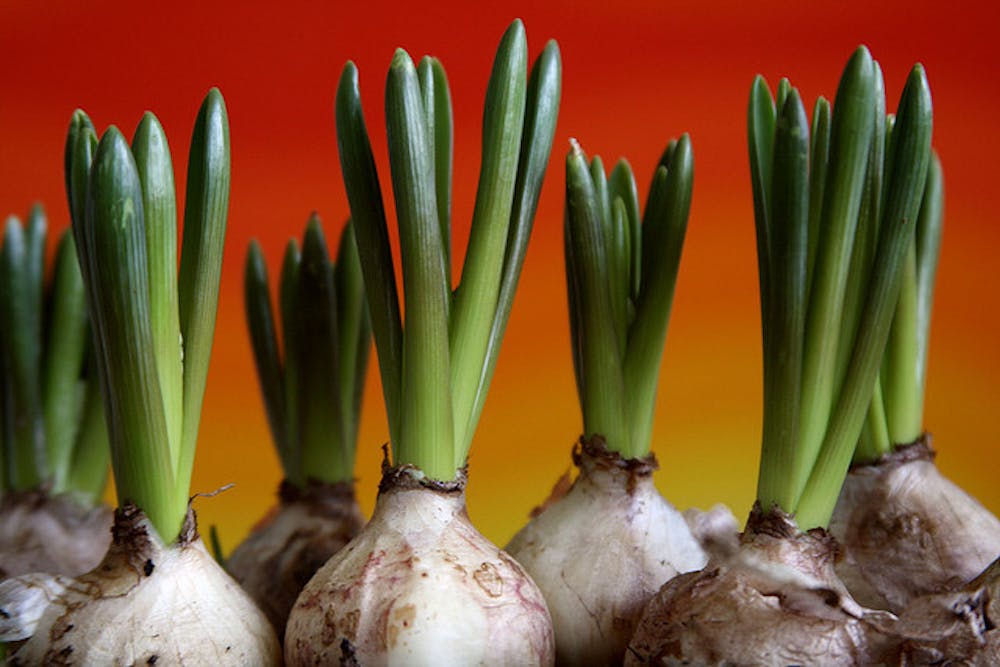When buying organic, some of the first things that come to mind may be organic vegetables, fruits, and bathroom products. While all of these purchases are likely to improve your health, there is one organic purchase all gardeners should do for the good of their local pollinators. Saving insects may sound like a very low priority, but with bee populations rapidly shrinking, doing all we can to help the bees is absolutely critical. After all, we have bees to thank for cotton, many nuts, grapes, lemons, and so many more important crops. As an individual, you can help prevent the terrible loss of bees, which will remove so much more than our access to honey.
The European Union has already banned a specific type of pesticide, the Neonicotinoid class of pesticides, due to their linkage to honey-bee colony collapse disorder. However, in the USA, these products are not banned. Neonicotinoids are used in a variety of garden products produced by a company called Bayer Advanced, and locally, a manufacturer in Ohio called The Scotts Miracle-Gro Company uses bee-affecting pesticides in their products. Another commonly used pesticide which is likely to cause honey-bee colony collapse disorder is Merit Insecticide. A list of companies whose products contain bee-targeting pesticides can be found here.
Many companies that grow commercial flower bulbs use pesticides. A study in Holland found that humans suffer negative health effects from exposure to these pesticides. Pesticides used on growing flower bulbs have been found to remain in the blooming flower’s pollen, which in turn is consumed by bees. The danger with these residual pesticides is that lower concentrations actually have a worse effect on bee colonies than high amounts. If one bee is exposed to dangerous pollen and dies, the pollen remains on the dead bee. If a bee takes some of the pesticide-contaminated pollen and survives long enough to bring it back to its colony, the pesticide will go into the bees’ honey and be fed to the growing young. As such, an entire colony will suffer in health. In addition, it has been shown that different pesticides in combination are more dangerous than each pesticide on its own. This is why buying non-organic bulbs from multiple sources is so risky—you are likely exposing your pollinating bees to a myriad of dangerous chemicals.
Organic bulbs can be bought online. Growing from seed is an option as well, although seeds are often hard to come across and difficult to grow, but if you’re up for a challenge, know that your efforts are much appreciated by bees everywhere. Near Oxford, the most likely place to find unusual seeds (including seeds of bulb plants) is Rural King in Hamilton. Regardless of how you obtain them, if you grow flowers, be sure to grow organic!
Photo License: Creative Commons
Save the Bees: Why Buying Pesticide-Free Flower Bulbs is More Important Than You’d Think

